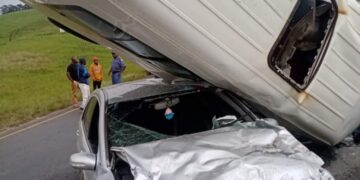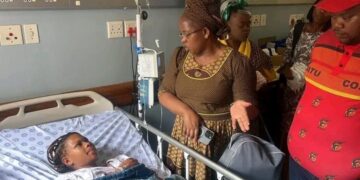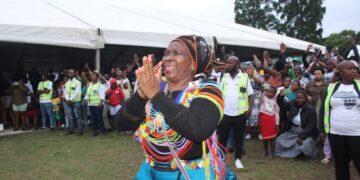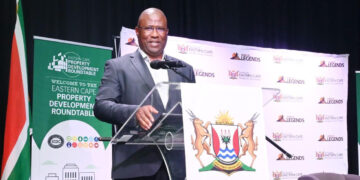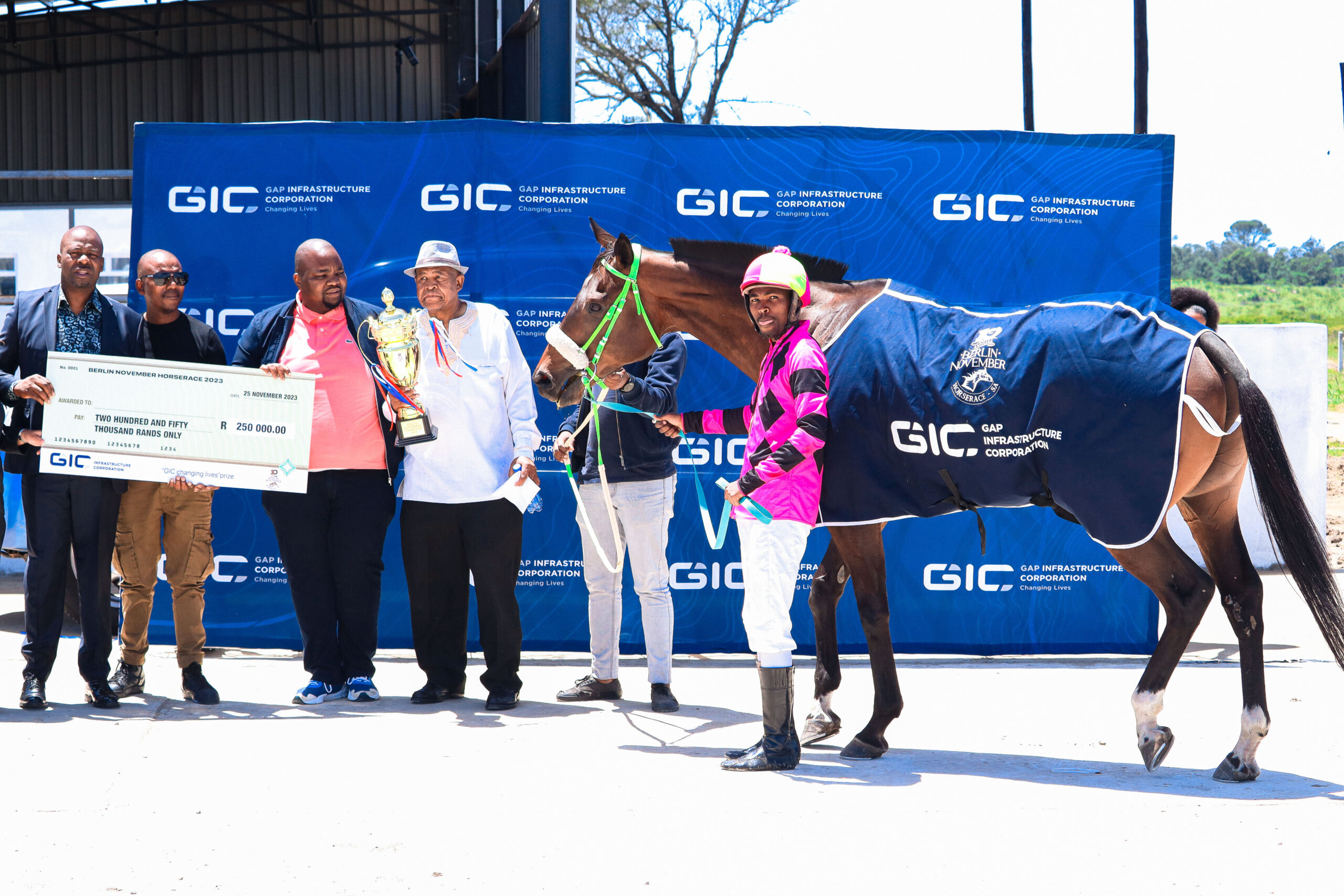EAST LONDON – The Eastern Cape is uniting in the face of a daunting water crisis, marked by severe drought, water service backlogs, unreliable water supply, pollution, and capacity issues. To address these challenges and coordinate efforts, the Provincial Water Forum, an Intergovernmental Relations structure, has been established. Under the leadership of The department of governance and Traditional Affairs MEC Zolile Williams, the Chairperson of the forum, the one-day session took place on Wednesday, 1 November 2023 at the East London Industrial Development Zone.
MEC Williams emphasized that the session’s primary objectives are to foster a collective approach among government departments and other stakeholders in the water sector. This collaborative effort aims to address key challenges and ensure that resources are used efficiently, reducing duplication. “ Well, in terms of the constitution, water is a basic right and communities must have access without fail to water services.So what we’re doing here today is to evaluate the water intervention plans, the management of sewer spillages, because we do not want our people to be swimming in sewer.And also we don’t want our people to be without water when they have a right to access to water.So our view is that municipalities must provide us with clear intervention plans.Government has set aside resources like your water infrastructure plant, which is able to respond to challenges of water access,” Williams
The MEC further mentioned that they will be monitoring short and medium term plans implemented by municipalities, “ So what we’re doing is to say municipality A, here is your intervention plan. Does it respond to what the Department of Water Affairs says there are problems in your municipality?
Or if it does not respond, what is it that we’re going to do?And these intervention plans are linked to our intention to say if municipalities prove their agility to spend the water service infrastructure plant quickly and value is created in sustainable projects, we will be asking for national intervention,” added the MEC
The Eastern Cape department of water and sanitation Provincial head Portia Makhanya was present in this morning session and she stated “as a province, when we just look at access to formal infrastructure for water and sanitation,areas that have access to piped water are around 80% of the province and 20% of the communities in the province in the region of just about 350,000 still don’t have access to piped water.There are, however, some interim interventions done through our grant, which is meant to provide interim solutions.We’ve seen also the provincial department of rural development also intervening in some areas,” Makhanya
The provincial head also mentions that some of these areas are funded by public-private partnerships by the likes of Coca-cola beverages South Africa and also non- profit organizations. Makhanya further adds that the province does have a master plan “ We have a master plan in the province that says it needs R121 billion for us to quantify the infrastructure requirements to reach out to everyone.This also includes areas that I said have access, because those areas have since expanded or extended, and there are few communities that would need those extensions.In essence, many of the infrastructure projects that have been implemented before are no longer meeting the demand,” added Makhanya
The session served as a platform to evaluate the progress made in infrastructure and social programs, ultimately improving service delivery throughout the province. With the water crisis casting a shadow over the Eastern Cape, the upcoming meeting represents a crucial step towards a more sustainable and water-secure future for the provi


















